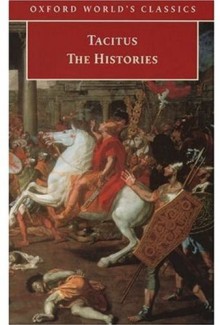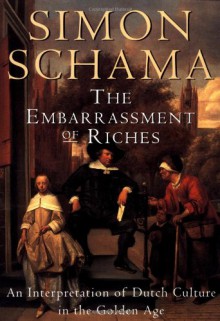
The death of Nero begins a Roman bloodletting that Augustus had thought he had completely ended as four men will within a year claim the title Emperor. The Histories by Tacitus follows the aftermath of Nero’s death as a succession of men claimed the throne until the Flavians emerge to return the Roman Peace.
Tacitus begins his work with those who had prospered under Nero worrying for themselves while the rest of the populace celebrated and setting the stage for the eventual assassination for Galba and the rise of Otho, who the former had passed over as his chosen successor. Yet at the time of his death Galba was facing a mutiny on the German frontier that had installed Vitellius as their choice as emperor, a task that Otho took to quash and retain his own throne. The invasion of Italy by Vitellius’ legions brought war to the core of empire for the first time in almost a century and witnessed the defeat of Otho’s forces before he committed suicide. The rise of Vitellius brought Vespasian, the leader of the legions fighting the Jewish War, into the fray as he accepted the proclamation of his legions as emperor and soon found the supporters of Otho and others joining him. After the crushing defeat of his forces, Vitellius attempted to abdicate but the Guards wouldn’t let him resulting in his death by Vespasian’s soldiers. On top of civil war in Italy and the final phase of the Jewish War under Titus, a Gallo-German uprising at first claiming support for Vespasian became an invasion and rebellion that took numerous legions to suppress and the aftermath would be alluded to in Tacitus’ own Germany.
Although The Histories are incomplete, from the beginning Tacitus brings his aristocratic ideology and politics in focus early by showing only someone with political realism and firm hand on the legions can prevent civil wars and the rioting of the masses. The writing is quick-paced, going hand in hand with the rapid succession of events but Tacitus does give excellent portraits on the prime actors in this historical drama the played across the Roman world. The only thing a historian would have against Tacitus would be the twisting of the chronology to suit his own purposes. Yet like Agricola and Germany, my biggest complaint is how Oxford World Classics edition is structured with the Notes at the very end of the piece and making the reader use two bookmarks so they could go back and forth.
The Histories, the first of Tacitus’ two large scale historical works, shows the horrors of civil war and the according to Tacitus the dangers of leader who cannot control the legions and masses. Even though the we are missing over two-thirds of the overall work, the portion we have that covers the Year of Four Emperors shows the breakdown of society in vacuum of strong leadership that is important not only in that time but throughout all of history including down to our own time.

 Log in with Facebook
Log in with Facebook 






